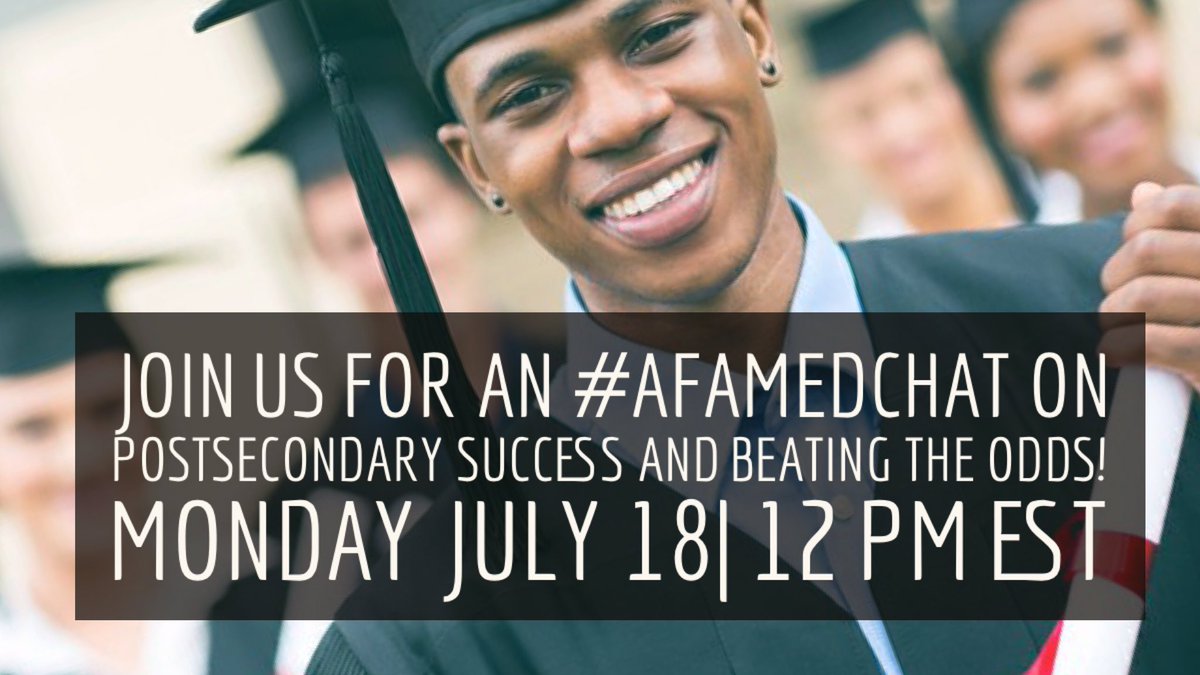Written by Caitlyn James Homol | Jul 15, 2016 4:00:00 AM
The elation I felt upon my acceptance to Ohio State University felt too distant to recall as I walked out of my chemistry final. As a first generation student, attending college was not just an individual journey. It was one that my entire family saw as a point of collective pride—my academic successes were theirs and so were my failures. So when I heard my grandmother answer my routine evening phone call to update her on how school was going, I lost the courage to share that I had probably failed my first college science course as an aspiring medical practitioner. The embarrassment and guilt I felt as a first-generation student who didn’t have family members with college experience to advise me or understand what I was going through made it difficult to ask for help. I had always excelled at the low-performing public schools I attended. How could I make it this far and suddenly allow myself to perform so poorly? My first experience with failure was humiliating. The following quarter I tried to handle it on my own, under the threat of financial aid penalties and stress from being on academic probation. I was afraid to disappoint my family and eager to maintain appearances with new friends, so I never mentioned what I was experiencing. Consequently, many of my loved ones will not have heard about my struggles to succeed in college until they read this writing.

Support is key
Teachers and [pullquote position="right"]leaders within higher education must take an active role in supporting first-generation students[/pullquote] to reach equitable outcomes in higher education, including increased numbers of students graduating on time, with degrees of value and records of high achievement. Eighty-two percent of non-first generation students enroll in college right after high school while only 52 percent of first-generation students do the same. Once enrolled, stress from making ends meet, social or emotional difficulties from being far from home and poor foundational skills in rigorous programs lead to increased drop-out rates. These challenges are intensified when a first-generation student also comes from a low-income background—only 11 percent of these students graduate within six years. First-generation, low-income students who also identify as African-American or Hispanic are at an even higher risk for not graduating on time, or at all. Those students, a growing majority of the post-secondary population, need and deserve the support to graduate from college successfully. Here are 5 ways you can help ensure first generation post-secondary student success:- Teach students about growth mindset. Intelligence and abilities are not fixed, setbacks do not determine future success, and challenges can be used as opportunities for growth.
- Provide students with resources to assist with applying for and understanding the financial aid process.
- Be a mentor, or direct students towards mentoring programs that provide students with guidance and assistance—in school and in life.
- Direct students to college preparatory or study skills courses that can increase academic success.
- Encourage students to get involved with an organization on campus or in the community as soon as possible—feeling a sense of belonging can help first generation students graduate on time.
